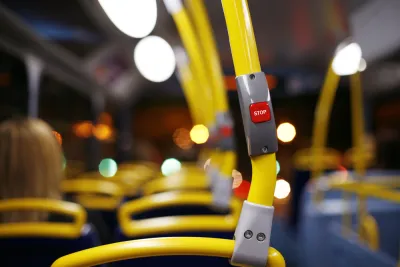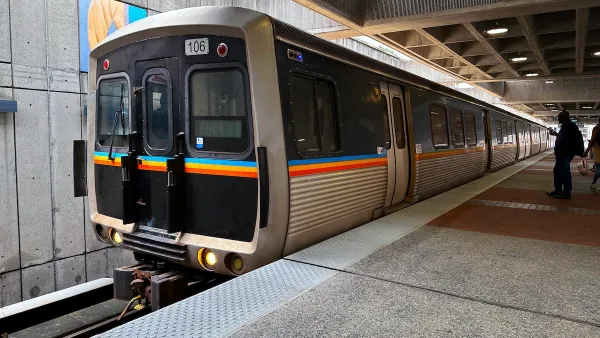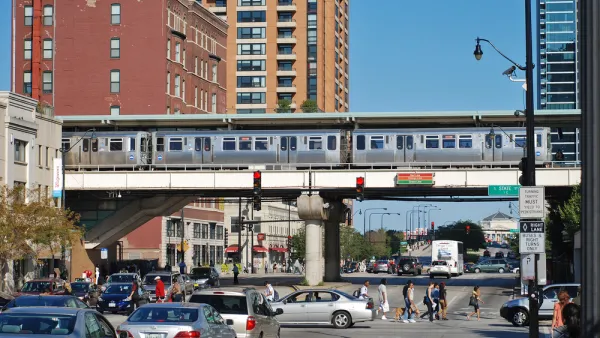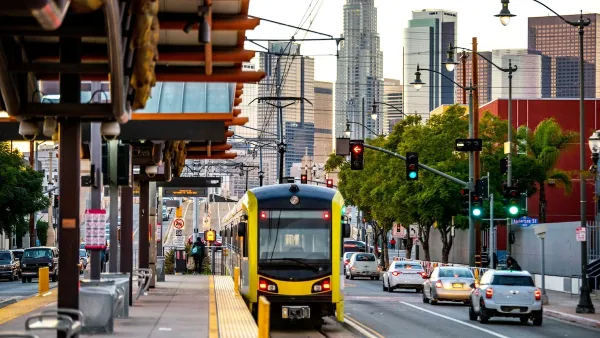Alex Baca argues that the dichotomy of "captive" versus "choice," while somewhat distasteful, is also incorrect. Transit can always stand to lose existing ridership through poor service.

We often hear about "captive" transit riders forced into the bus or train by the lack of a car. According to Alex Baca, "captive" versus "choice" can lull transit agencies into the complacent belief that improving service isn't necessary.
In reality, Baca argues, "There are very few circumstances under which individuals truly have one choice, and one choice only. More likely, people—even the most destitute, and even the most disadvantaged—are choosing between a bad option and a worse option."
"Someone whose bus is consistently late might save up or take out payday loans to finance a car. They might bike or walk to work. They might spend more money on a cab or rideshare. Moving or quitting their job, while seemingly drastic, may become preferable. They may depend on familial and social networks for rides or access to cars."
There's also a class element. "'Captive' riders are disadvantaged. 'Choice' riders are privileged, and privileged by transit agencies, whose officials often talk in terms of attracting them away from their cars to ride transit." Meanwhile, the so-called "captives" get no such consideration.
FULL STORY: All transit riders have a choice

Analysis: Cybertruck Fatality Rate Far Exceeds That of Ford Pinto
The Tesla Cybertruck was recalled seven times last year.

National Parks Layoffs Will Cause Communities to Lose Billions
Thousands of essential park workers were laid off this week, just before the busy spring break season.

Retro-silient?: America’s First “Eco-burb,” The Woodlands Turns 50
A master-planned community north of Houston offers lessons on green infrastructure and resilient design, but falls short of its founder’s lofty affordability and walkability goals.

Test News Post 1
This is a summary

Analysis: Cybertruck Fatality Rate Far Exceeds That of Ford Pinto
The Tesla Cybertruck was recalled seven times last year.

Test News Headline 46
Test for the image on the front page.
Urban Design for Planners 1: Software Tools
This six-course series explores essential urban design concepts using open source software and equips planners with the tools they need to participate fully in the urban design process.
Planning for Universal Design
Learn the tools for implementing Universal Design in planning regulations.
EMC Planning Group, Inc.
Planetizen
Planetizen
Mpact (formerly Rail~Volution)
Great Falls Development Authority, Inc.
HUDs Office of Policy Development and Research
NYU Wagner Graduate School of Public Service




























